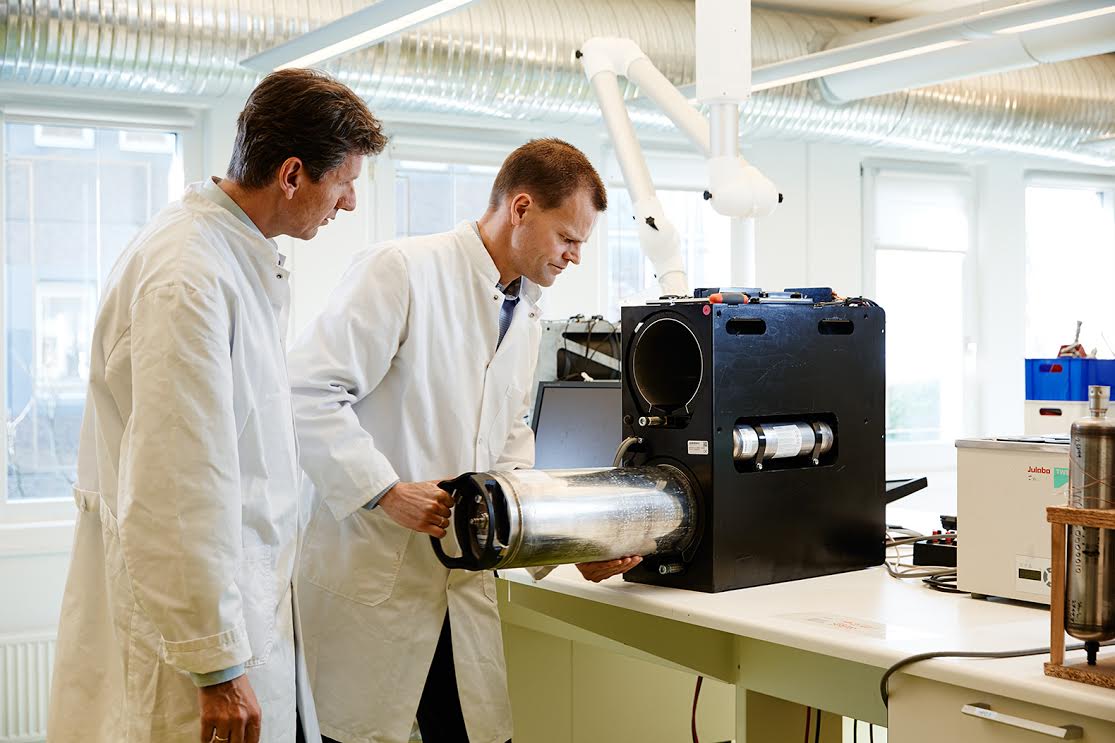A team of Danish researchers have been nominated for the prestigious 2016 European Inventor Award (EIA) for an ammonia storage solution which can be used to reduce mono-nitrogen oxide (NOx) emissions from diesel exhaust by 99 percent.
The Danish team’s product, one of three finalists in the small and medium enterprises category, hinges on the their development of a method of storing ammonia in solid form by binding it with a compacted metallic salt.
“The European Inventor Award showcases a diverse group of inventors – men and women from a wide range of countries and disciplines, whose innovations have had a positive effect on millions of lives,” said European Patent Office president, Benoît Battistelli.
“European patent protection helps foster this innovative diversity by maintaining conditions for inventors from around the world to realise their creativity, and by ensuring that innovators, investors and entrepreneurs are able to benefit from their efforts.”
READ MORE: Chinese coal plants get help from Denmark to reduce CO2 emissions
Billions to be saved
The Danish product has been financed by the company Amminex, which recently landed a contract concerning the emissions upgrade of 300 buses in Copenhagen and also received financial support from the EU. The invention could save society billions by reducing air pollution.
A total of 15 finalists from Belgium, the Czech Republic, Denmark, France, Germany, India, Italy, the Netherlands, Portugal, Lithuania, Sweden, the UK and the US will be competing in five categories. The five winners of each category will be revealed during the EIA awards on June 9.
The Danish research team is made up of Tue Johannessen, Ulrich Quaade, Claus Hviid Christensen and Jens Kehlet Nørskov.














